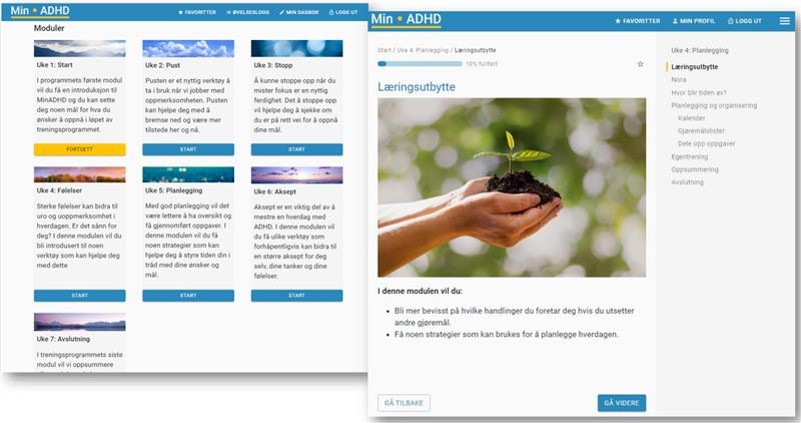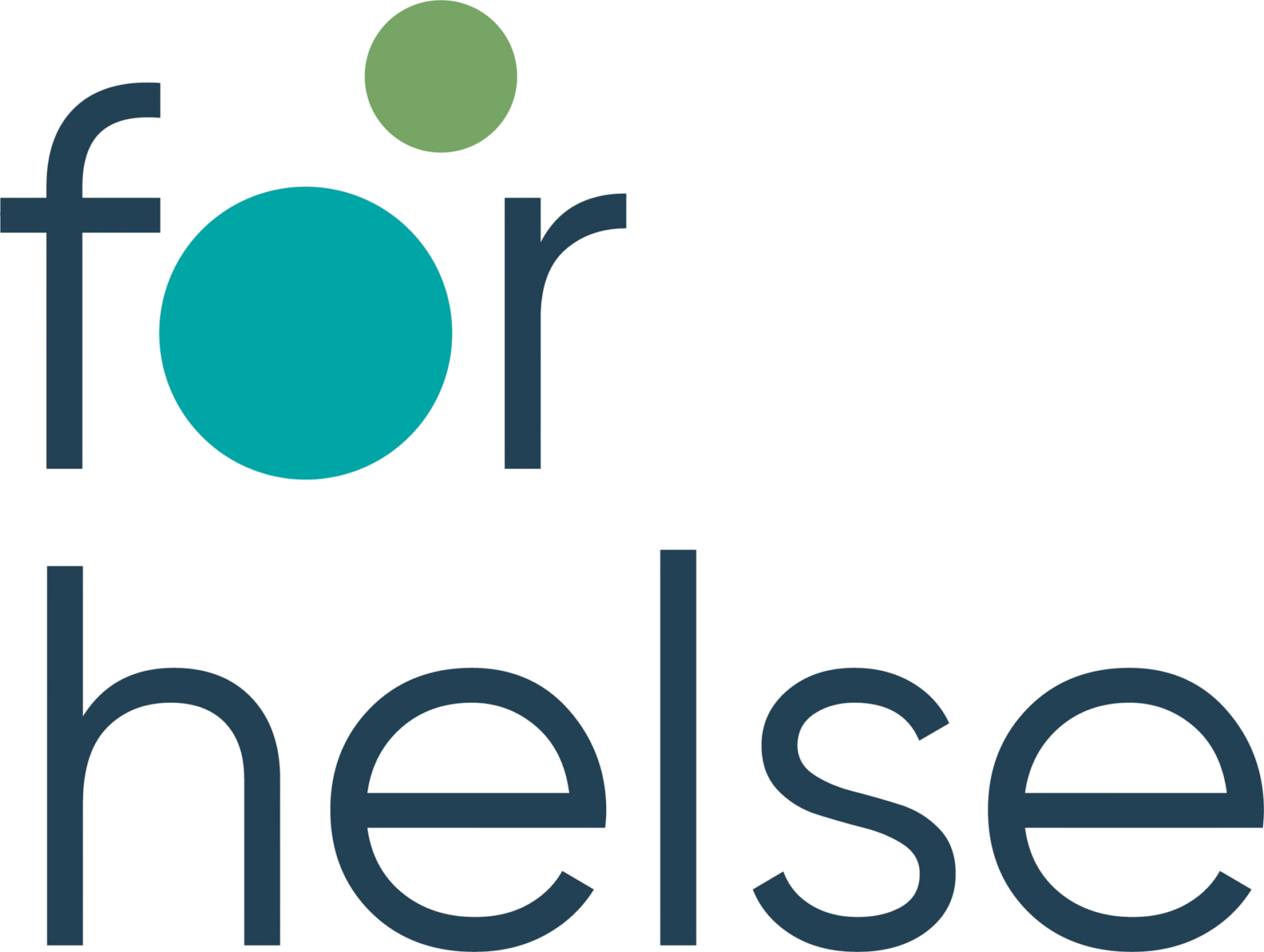Adults with ADHD benefit from web-based psychological self-help

A new study conducted by Forhelse shows that adults with ADHD benefit from online psychological self-help.
Many adults with ADHD face challenges in their daily lives, but few psychological services give them the help they need. Therefore, researchers at Forhelse and INTROMAT have developed an online psychological intervention programme for adults with ADHD. The team that developed the intervention consisted of psychologists, clinical researchers, IT researchers and peer support consultants. Great emphasis has also been placed on input from adults with ADHD in developing the content and examples in the programme.
The intervention is based on general principles from cognitive behavioural therapy, dialectical behaviour therapy and goal management training. The programme has seven modules covering seven different themes. You get to hear stories and experiences from people with ADHD in each module. The programme also offers psychoeducation, techniques and tools that can help adults with ADHD manage everyday life in a better way. Our collaborative partner Youwell provides the digital platform for the programme.
The key questions in the study were whether the psychological self-help programme could reduce ADHD symptoms and increase quality of life, whether it was safe to use, and whether users were satisfied with the programme or not.
The randomised trial demonstrates the effectiveness of the online psychological self-help programme by showing reliable and statistically significant improvements in self-reported ADHD symptomatology and quality of life. These effects were maintained at 3 months follow-up. Treatment satisfaction was satisfactory, with nearly 80% of participants in the intervention group indicating that they were satisfied or very satisfied with the intervention, and 88% indicating that they would recommend the intervention to a friend. The conclusion is that the programme may be suitable for better management of ADHD symptoms in adults in primary care and as a low-intensity intervention for adults with ADHD in the entire population. The team behind that programme hopes that more people can take advantage of the offer in the future.
Read the entire research article by clicking Read more below.

